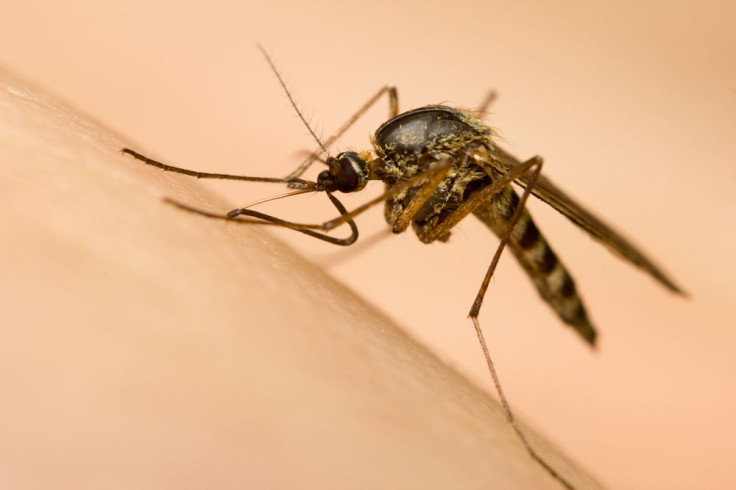Malaria Makes You Smell Delicious To Mosquitoes, Thus Helping The Disease Complete Its Life Cycle

Malarial infections have been around for over 4,000 years, affecting populations in much the same way they still do — in areas where it’s still prevalent, at least. It wasn’t until a little over a century ago that scientists discovered the malaria parasite, Plasmodium, was transmitted through mosquito bites. Since then, with the help of the insecticide DDT and subsequent antimalarials, malaria has been eradicated in many parts of the world, with the U.S. becoming free of the disease in 1951. In their continuing effort to understand the disease’s transmission, and how to mitigate the risk 3.4 billion people around the world face, scientists have just discovered that the parasite changes the odor profile of its hosts to attract mosquitoes, thus making it able to complete its life cycle.
The study, conducted by Consuelo De Moraes, a professor of biocommunication and entomology at ETH Zurich, shows how people who become infected by malaria undergo chemical changes in their body odor profiles. Specifically, it seems that the parasite is able to enhance the scents mosquitoes are most attracted to when looking for a host to feed on. “There appears to be an overall elevation of several compounds that are attractive to mosquitos,” De Moraes said in a press release.
This process is vital for Plasmodium to complete its life cycle, which first involves infecting and multiplying in the human liver, spreading to the blood (this is when symptoms begin to appear), and then being consumed by mosquitoes. Once these blood stage parasites, known as gametocytes, are picked up by a mosquito (Anopheles), they undergo another multiplication process in preparation for invading a later human host.
It was the gametocytes that De Moraes and his colleagues pinpointed as the perpetrator of changed body odor. As they moved through the blood stream of mice, causing symptoms like fever, nausea, weakness, metabolic acidosis, and hypoglycemia, they also enhanced the natural scents most attractive to mosquitoes — a somewhat smart move on nature’s part, instead of emitting a malaria-unique scent. “Since mosquitos probably don’t benefit from feeding on infected people, it may make sense for the pathogen to exaggerate existing odor cues that the insects are already using for host location,” said study leader Mark Mescher, an associate professor of entomology at Penn State University, in the release.
Their experiments on mice also showed that mice with earlier stages of the disease emitted a different odor profile than those that were experiencing later stages of infection. But what was perhaps their most ominous finding, was that the enhanced scents never went back to normal strength, even after the infection was gone. If that also applies to humans, it means that someone who’s been infected will be more susceptible to mosquito bites for life, as Plasmodium leaves a tag, of sorts.
The new researcher adds to a growing body of research showing how malarial infections rely heavily on scent for transmission. A study from last year found that mosquitoes infected with malaria had a sense of smell enhanced for targeting humans, as opposed to inanimate objects or other animals. In fact, mosquitoes were eight time more likely to land on the test sock, which contained a strong human odor, than on a control sock without odor.
Together, the findings can help scientists develop new ways of combating malaria, from creating traps with stronger human scents to eliminating the single-celled parasite’s ability to attract mosquitoes through enhanced odor profiles. All of that is still up in the air — with the mosquitoes — however, as the researchers of the current study say that more research is necessary. They are currently conducting experiments on human subjects in Africa, where 90 percent of all malaria deaths occur.
Source: De Moraes C, Mescher M, et al. Scent of disease: Malaria-induced changes in host odors enhance mosquito attraction. PNAS. 2014.
Published by Medicaldaily.com



























